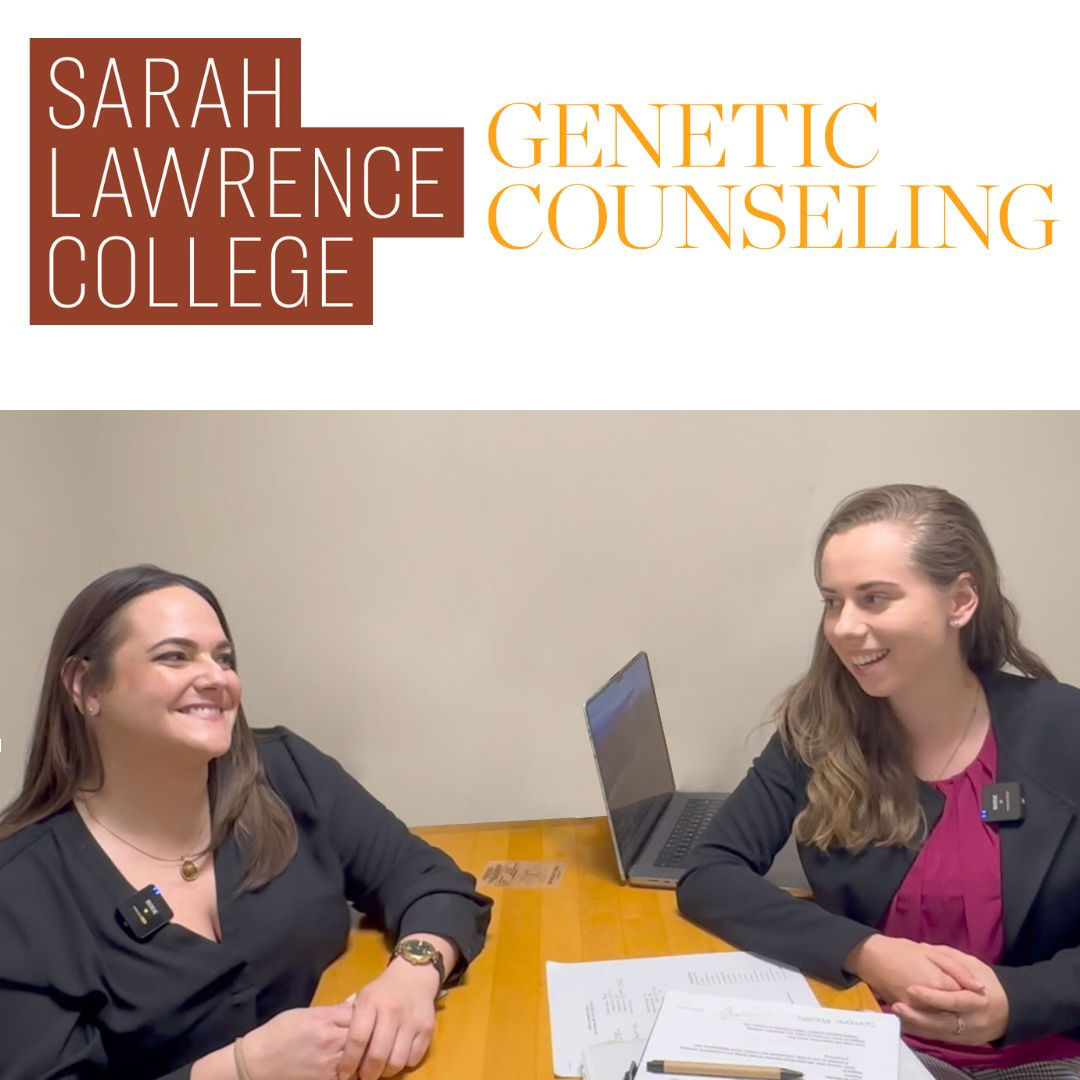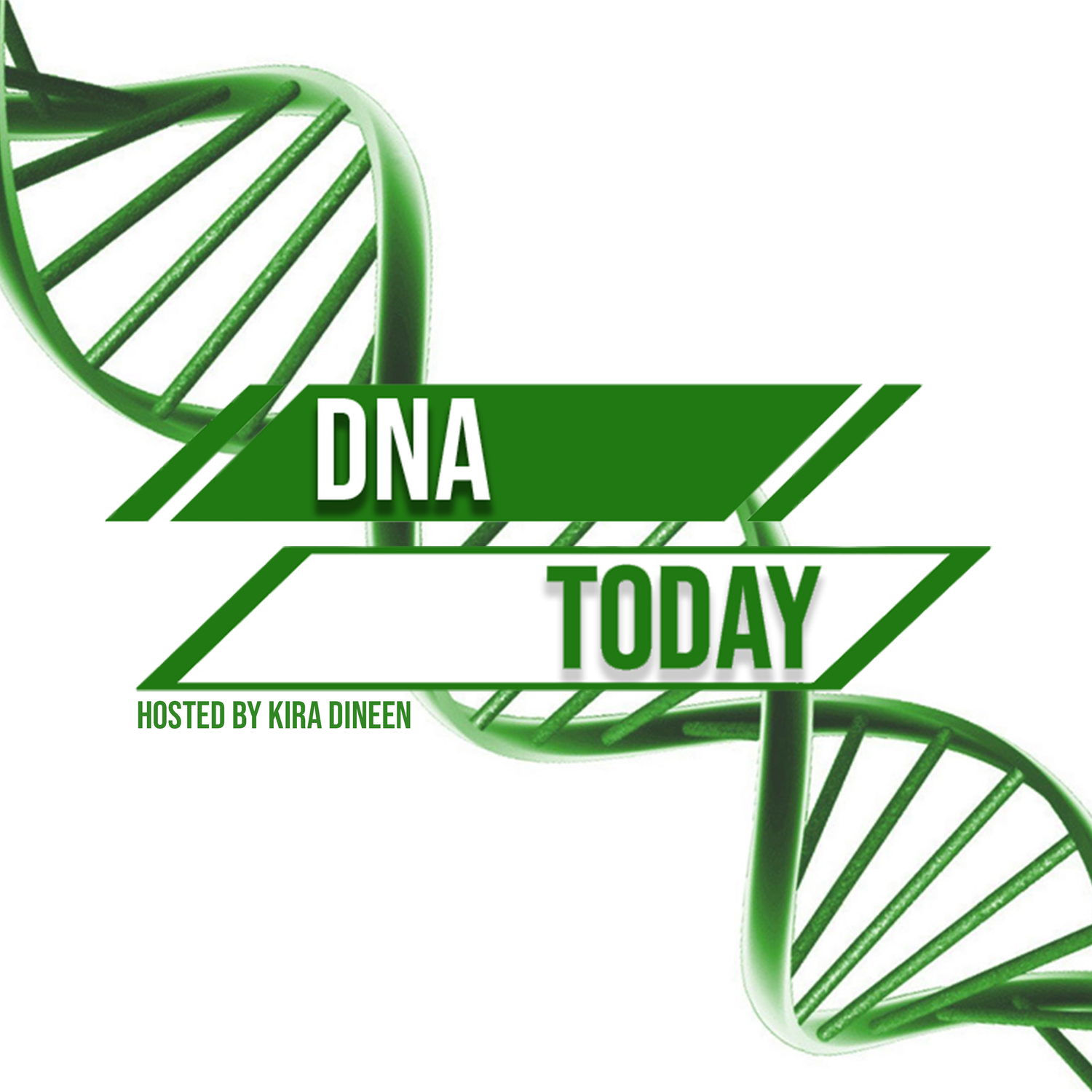
Deep Dive
Why is advanced maternal age (AMA) a common reason for prenatal genetic counseling?
Advanced maternal age, which is 35 or older at delivery, is associated with a higher risk of chromosomal conditions in the baby, such as Down syndrome. This increased risk is due to the aging of the eggs, which can affect their ability to count chromosomes correctly, leading to extra or missing chromosomes.
What is the risk of having a baby with a chromosomal condition at age 37 compared to age 40?
The risk of having a baby with a chromosomal condition like Down syndrome is about 1% at age 37, which is slightly higher than at age 36 but not drastically different. The risk increases more steadily as women age, but there's no magic number where the risk suddenly jumps, such as at age 40.
Why is the age of egg retrieval important in IVF pregnancies?
In IVF pregnancies, the age of the egg when it was retrieved is used to assess the risk of chromosomal conditions, rather than the age at delivery. This is because the egg's age at retrieval is a more accurate indicator of the genetic health of the egg, which affects the risk of chromosomal abnormalities in the embryo.
What is NIPS and what does it screen for?
NIPS, or Non-Invasive Prenatal Screening, is a blood test that screens for chromosomal conditions such as Down syndrome, trisomy 13, trisomy 18, and extra or missing sex chromosomes. It uses DNA from the placenta that is released into the mother's bloodstream to provide a risk assessment, but it is not a definitive diagnostic test.
What are the risks and benefits of CVS and amniocentesis procedures?
CVS (Chorionic Villus Sampling) and amniocentesis are diagnostic procedures that provide a yes or no answer about chromosomal conditions. They involve a needle through the stomach to collect a placental biopsy or amniotic fluid, respectively. The risk of miscarriage is about 1 in 200 to 1 in 500. These procedures offer definitive results but come with more risk compared to the non-invasive NIPS test.
What is the nuchal translucency (NT) ultrasound and what does it check for?
The NT ultrasound is performed around 13 weeks of pregnancy and measures the fluid at the back of the baby's neck and the presence or absence of the nasal bone. Extra fluid or a missing nasal bone can indicate a higher risk of chromosomal conditions like Down syndrome. The test is often used in conjunction with NIPS to provide more comprehensive risk assessment.
Why might genetic testing be useful for some patients?
Genetic testing can provide information that helps patients make informed decisions about their pregnancy. It can help in identifying conditions like Down syndrome, allowing parents to connect with support communities, plan for specific medical care, and adjust their birth plans. However, some patients prefer not to undergo testing to avoid anxiety, especially if the information would not change their decision to continue the pregnancy.
What are the implications of family history in genetic counseling?
Family history can influence genetic counseling by providing context for potential inherited conditions. In this session, the family history of a cousin with a child with Down syndrome and the donor's family history of diabetes and hypertension were noted, but these did not significantly increase the risk for the current pregnancy. The genetic counselor uses this information to assess the overall risk and make recommendations.
How does the genetic counselor handle the patient's anxiety during the session?
The genetic counselor addresses the patient's anxiety by explaining the low risk of chromosomal conditions based on the age of the egg at retrieval, providing detailed information about testing options, and emphasizing the low risk of complications from procedures. The counselor also reassures the patient that the information from genetic testing is useful for making informed decisions and planning for the future, but it's ultimately the patient's choice.
Shownotes Transcript
We're excited to release our second installment in our new Mock Genetic Counseling Session series! In this installment, our host Genetic Counselor Kira Dineen and student Annette Grynspan perform a mock prenatal genetic counseling session. This prenatal session’s indication is one of the most common: advanced maternal age (AMA).
This session was recorded in person, providing a more dynamic and engaging learning experience therefore, we highly recommend watching it on YouTube to fully immerse yourself in the interaction.
We hope this series is helpful for prospective and current genetic counseling students, as well as the general public, by demystifying the genetic counseling process. Understanding how these sessions work can empower individuals and provide valuable educational insights into this critical healthcare service.
Kira Dineen), MS, LCGC, CG(ASCP)CM (she/her) has over a decade of podcast experience fueled by a passion for science communication. She has hosted and/or produced 10 podcasts most notably DNA Today, Journal of Genetic Counseling's DNA Dialogues), N-Lorem's Patient Empowerment Program), Phenotips Speaker Series: A Genetic Podcast), It Happened To Me: A Rare Disease and Medical Challenges Podcast) and others.
For the past 4.5 years she has also served as the prenatal genetic counselor at a high risk pregnancy private practice in Connecticut for over four years. She was accepted into The Podcast Academy and previously served on the National Society of Genetic Counselor’s Digital Ambassador program. Kira received her Diagnostic Genetic Bachelor’s of Science degree at the University of Connecticut and is a certified Cytogenetic Technologist. She received her Master’s of Science at Sarah Lawrence College.
Dr. Annette Grynspan) (she/her) is an international medical graduate from Costa Rica with 14 years of experience in clinical care, research, and healthcare administration. She earned her Bachelor of Science in Neuroscience from the University of Michigan, Ann Arbor, and her Doctor of Medicine from the Universidad Autónoma de Guadalajara. Currently, she is a second-year student in the Joan H. Marks Graduate Program in Human Genetics at Sarah Lawrence College. Fully bilingual in English and Spanish, Dr. Grynspan excels at communicating complex medical concepts and building relationships within diverse communities.
Passionate about genetics, Dr. Grynspan focuses on personalized medicine and public health initiatives. Her upbringing in Costa Rica has fueled her commitment to health equity and empowering individuals with genetic knowledge for informed decision-making. With strong analytical skills and a detail-oriented approach, she aims to advance patient outcomes and advocate for underserved populations making a meaningful impact in the field of genetic counseling. The premise of this mock case was Dr. Grynspan’s work as part of her internship with* DNA Today*.
Mock Prenatal Genetic Counseling Session Outline
Contracting
Greetings and introductions.
Overview of the session: pregnancy history, symptoms, family history, genetic screening options, ultrasound preview, and addressing questions.
Burning Questions
Concerns about age-related risks for chromosomal conditions.
Explanation of egg retrieval age vs. delivery age for risk assessment.
Pregnancy Information
Confirm due date, conception method, LMP and/or transfer date, etc.
Pregnancy symptoms, exposures, and medical history review.
Family History
Maternal/paternal conditions and relatives' health details.
Screening Options
NIPS: Non-invasive blood screening to detect chromosomal conditions.
CVS/Amnio: Diagnostic procedures, risks, timing, and testing options.
NT Ultrasound
Schedule around 13 weeks to measure the nuchal translucency (NT) and presence or absence of the nasal bone for indicators of chromosomal conditions.
Session Wrap-Up
Review next steps: NIPS consent, blood draw, and future appointments.
Results will be provided in person at the next ultrasound.
Invitation for partner involvement if desired.
Stay tuned for the continuation of our mock genetic counseling session series! In 2025 we will bring you more mock sessions inspired by a cumulation of cases.
Please note that the information provided in this mock genetic counseling session is intended strictly for educational purposes and should not be used for personal medical decision-making. If you have questions or concerns about your health, we encourage you to consult directly with a certified genetic counselor who can provide tailored medical recommendations. If you are in the United States, you can find a genetic counselor near you by visiting FindAGeneticCounselor.com).
Stay tuned for the next new episode of DNA Today next Friday! New episodes are released every Friday. In the meantime, you can binge over 300 other episodes on Apple Podcasts), Spotify), streaming on the website), or any other podcast player by searching, “DNA Today”. Episodes since 2021 are also recorded with video which you can watch on our YouTube channel), this includes some episodes recorded at NBC Stamford Studios.
DNA Today is hosted and produced by Kira Dineen. Our video lead is Amanda Andreoli. Our social media lead is Kajal Patel. Our Outreach Intern is Liv Davidson. And our logo Graphic Designer is Ashlyn Enokian, MS, CGC.
See what else we are up to on Instagram), X (Twitter)), Threads), LinkedIn), Facebook), YouTube) and our website, DNAToday.com). Questions/inquiries can be sent to [email protected]).
